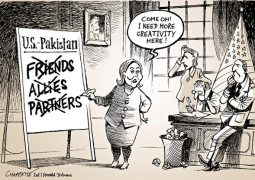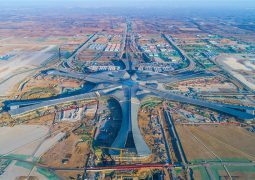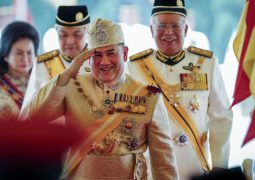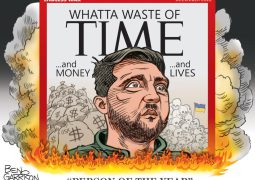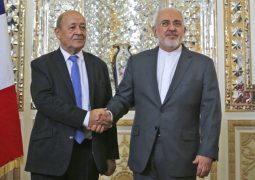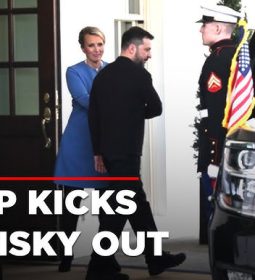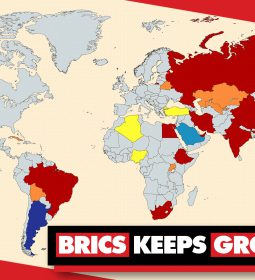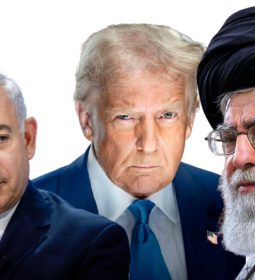Donald Trump urged by former US official to include allies in US-China trade war deal
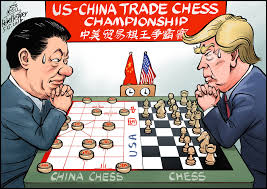
- Former deputy acting US trade representative Wendy Cutler credits Trump’s tariffs with ‘bringing China to the negotiating table’
- To get maximum benefit from trade deal with China, Trump should include allies like the European Union and Japan in negotiations, Cutler said
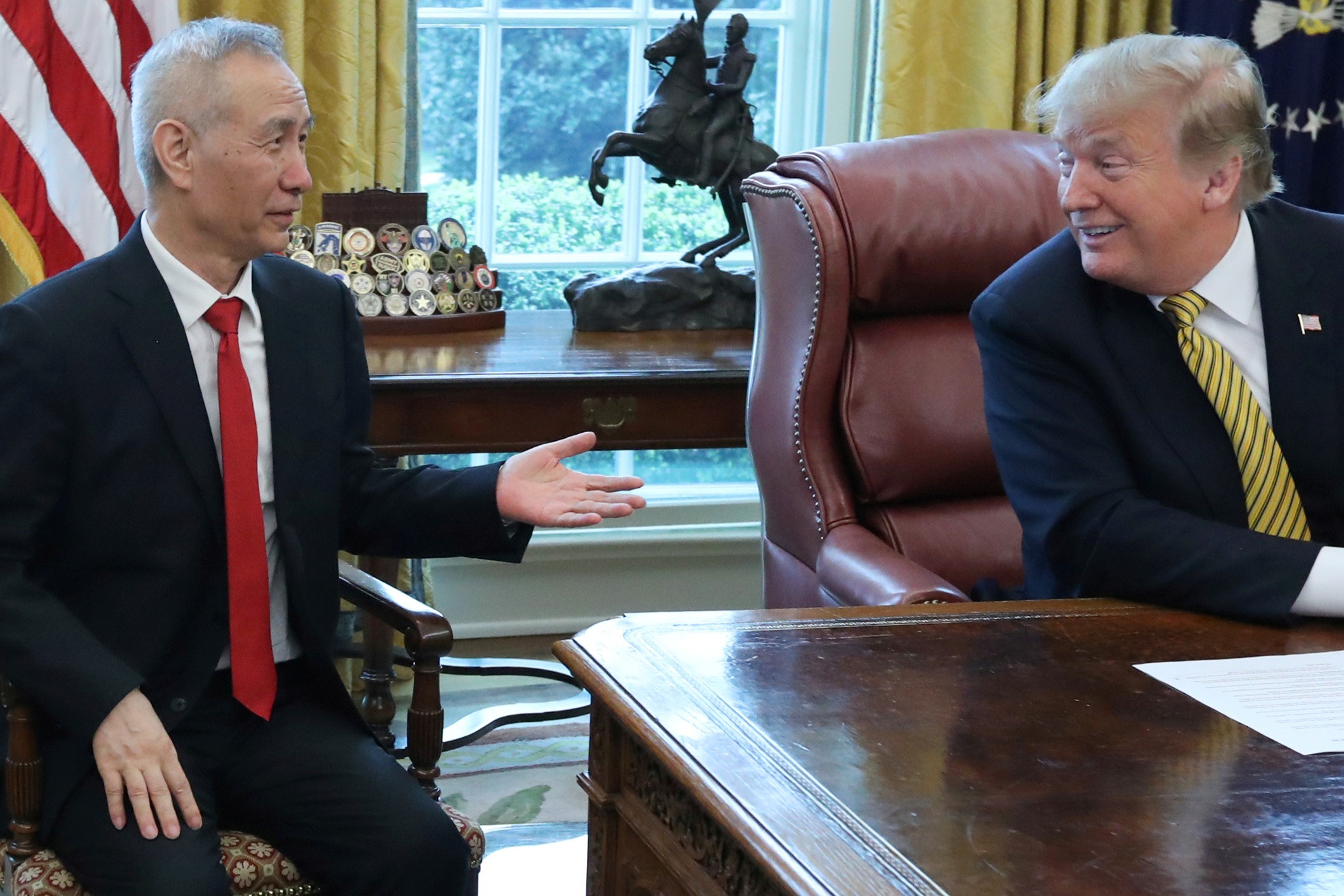
The United States risks losing the spoils of the trade war if it does not include long-standing allies in a deal with China, according to a former senior US trade official.
Wendy Cutler, who was acting deputy US trade representative during the Obama administration, urged US President Donald Trump to forget his “preference for unilateral actions” and work with the European Union, Japan and other allied nations in a bid extract maximum benefit from trade talks with China.
“While the US market accounts for roughly 18 per cent of Chinese exports, that number reaches 40 per cent when including the EU and Japan, and half of all Chinese exports if Australia, Canada, Mexico, and South Korea – countries that share American concerns – are included,” Cutler wrote in a report for the Asia Society Policy Institute, where she is vice-president.
”, but said “it could be even more effective in addressing these fundamental issues by working closely with like-minded countries”.
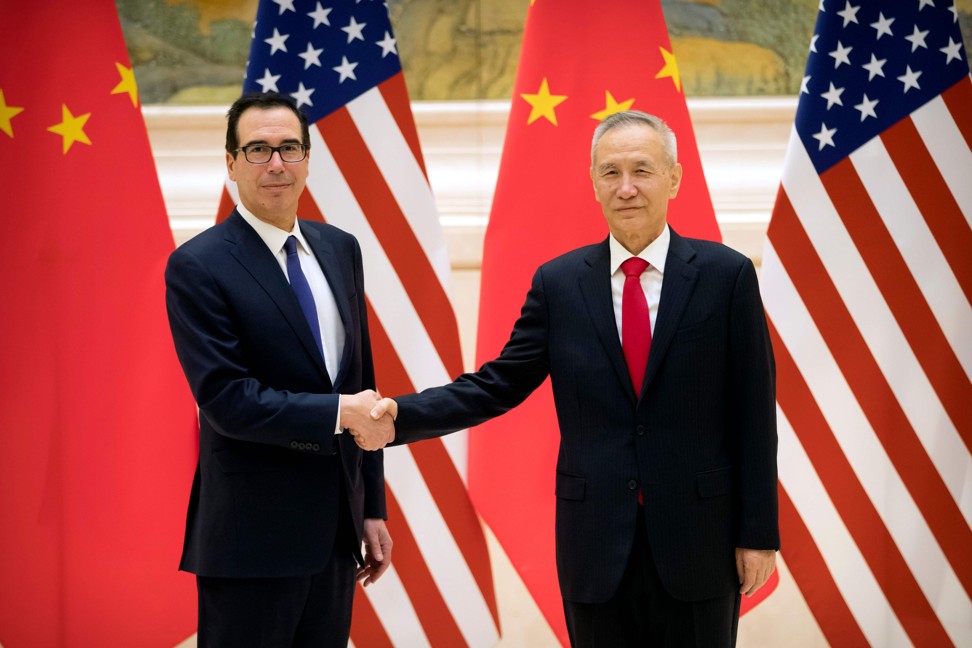
“While the United States has been at the forefront of criticising these policies and practices, they also impact China’s other trading partners, distorting trade flows and straining the global trading system,” the report said.
The report estimated that the 10-month trade war has led to tit-for-tat tariffs affecting almost US$400 billion in trade.
for American companies. Among its demands are an end to intellectual property theft and forced technology transfer. The US is also demanding the Chinese government stop subsidising state-owned enterprises.
Thus far, the Trump administration has shunned any help on forcing change in Beijing. In that regard, Trump was described as a “blunt instrument” by his former adviser and right-wing media mogul Stephen Bannon.
Cutler and other trade experts voiced concerns over the Trump administration’s disregard for the multilateral trading system.
My sense is that the US side is more interested in bilateral politics than multilateral cooperation
(WTO), which he has dismissed as a “disaster” and a “catastrophe”.
Joseph Francois, managing director and professor of economics at the World Trade Institute in Vienna, said that the attitude of the US government towards the multilateral trading system and international cooperation in general “is concerning”.
This view is shared by some experts in China. Shi Yinhong, a government adviser and professor of international relations at Beijing’s Renmin University, said the Trump administration is “obsessed with bilateral talks on trade issues to win maximum concessions from China”, despite the fact that it is “forcing its allies to follow its lead on the issues of the South China Sea and Huawei”.
Rather than targeting China, these tariffs are applied globally and have drawn the ire of US allies, including the EU and Canada. While the trade war with China covers 3 per cent of global trade, the WTO has estimated that the automotive tariffs would affect 8 per cent of total trade.
Shi said that instead of working with allies to improve trading conditions, the US is using tariffs as “a bargaining chip” against them to negotiate better terms for the US.
“The US wants trade concessions from its allies too,” Shi said. “The tariffs on steel and aluminium have been implemented for a long time and countries like Mexico have made compromises, thus it is highly unlikely that Trump will remove these tariffs.”
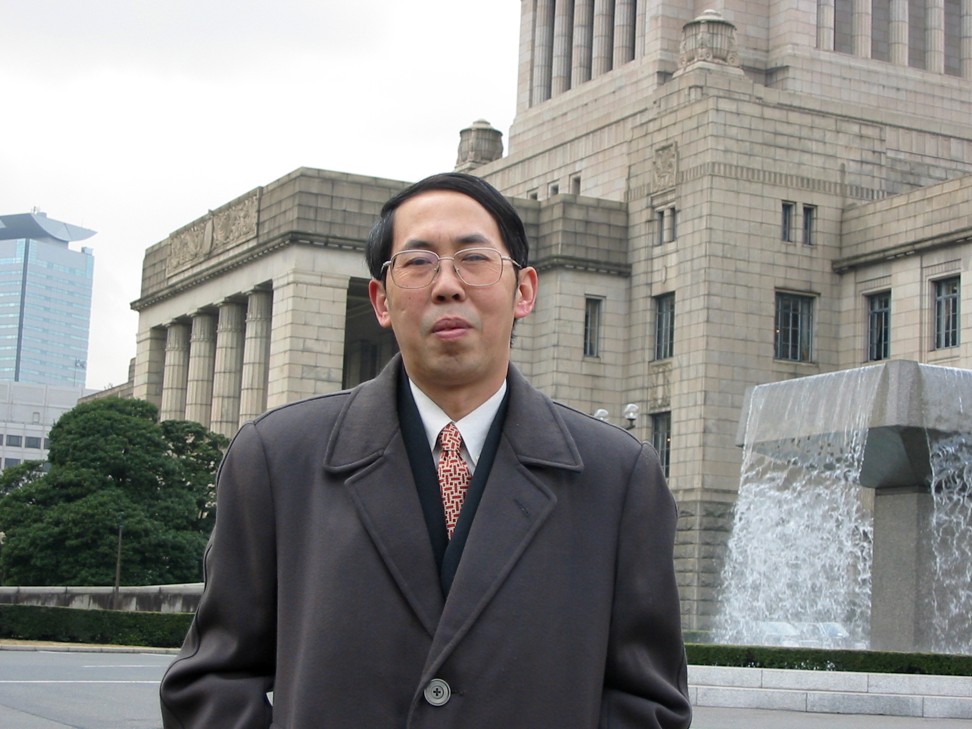
Alexis Garatti, the head of macro and thematic research at trade credit insurer Euler Hermes, said that Trump is a “maximise player” who “does not consider the risk” of his actions.
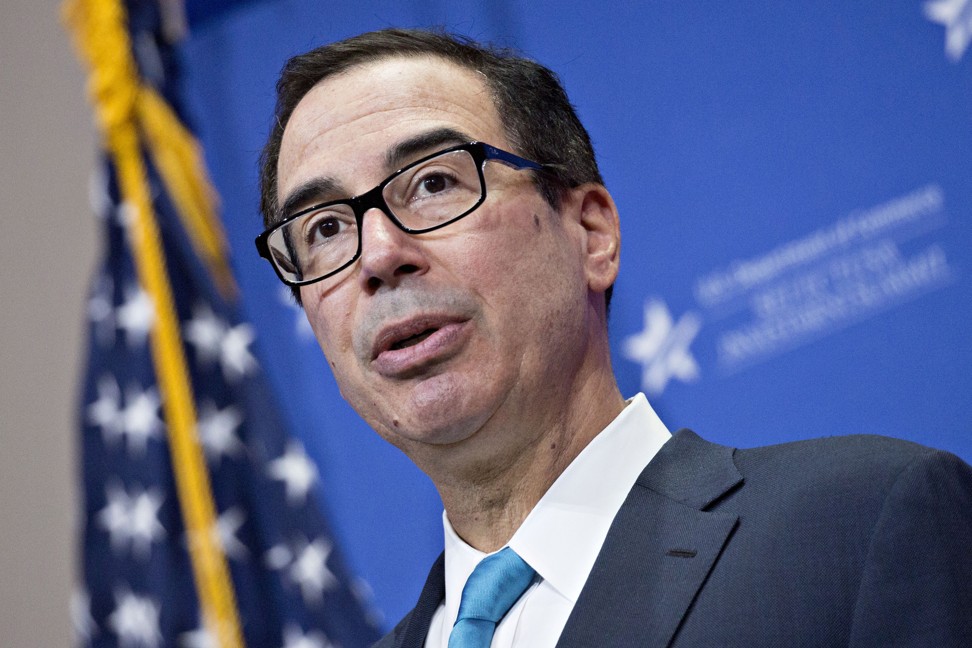
Mnuchin said he had a “productive” phone conversation with Chinese Vice-Premier Liu He on Tuesday night. Another conversation is planned for Thursday.
Nick Marro, an analyst at the Economist Intelligence Unit, said that while enforcement offices may provide a “good blueprint” for harmonious trade, there are doubts as to how they would work in practice.
“For instance, what type of authority will these enforcement offices have relative to other government bodies? Both sides claim the other as cloaking protectionism under national security. Can these enforcement offices stand up to China’s national security agencies, which command strong influence in forming China’s technology policies?,” Marro asked.
“Even if enforcement offices are a potential solution, this would still require incredibly tight alignment between all levels of government to make this meaningful – both in China and the US. It is a step forward, but from what we’re seeing at this stage, it isn’t a game changer,” he added.
Additional reporting by Orange Wang
- Previous Australia could be the big loser in a US-China trade deal, not that Donald Trump seems to care
- Next Uzbekistan, Mongolia discuss possible launch of direct flights



